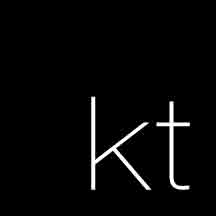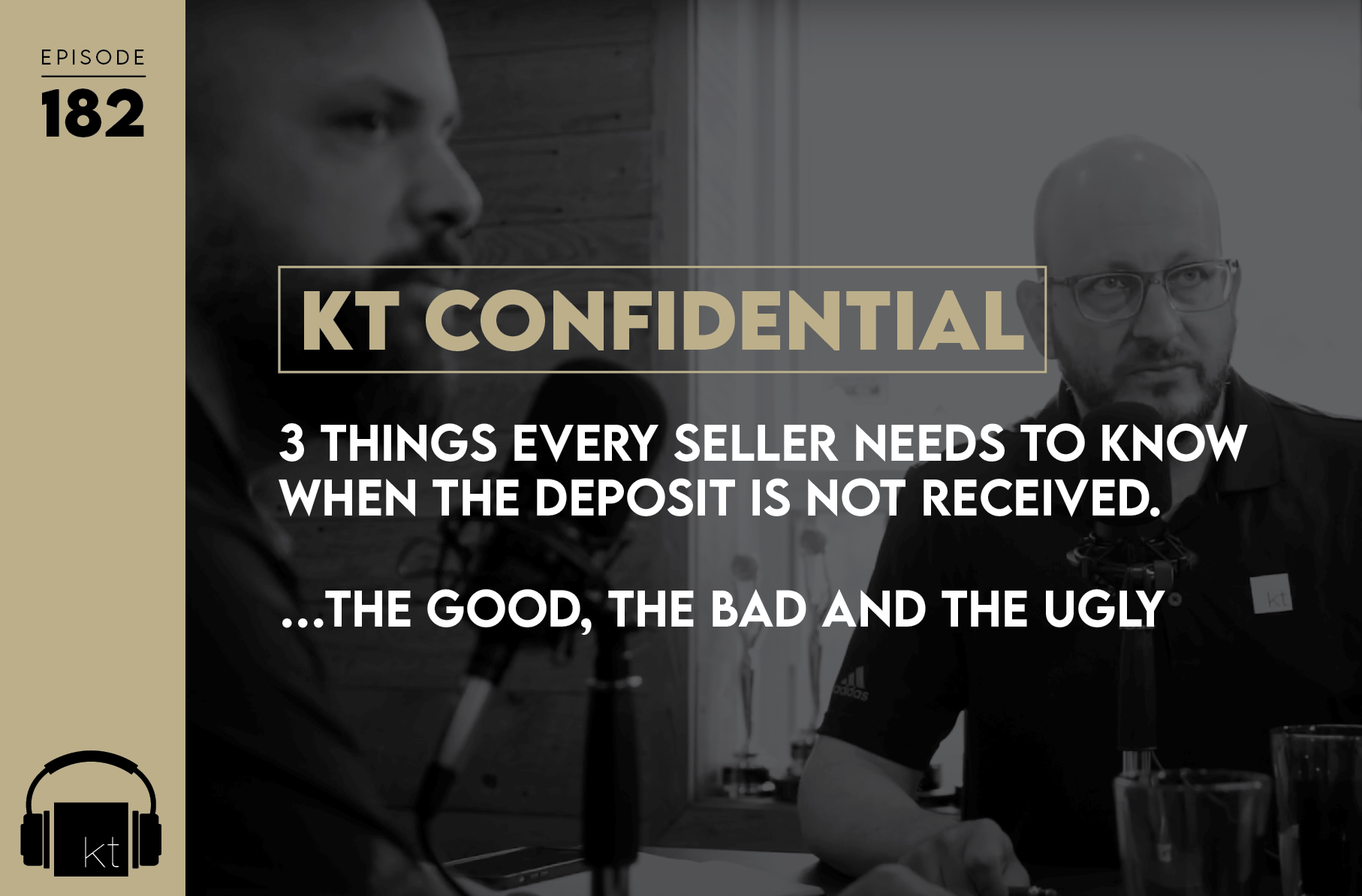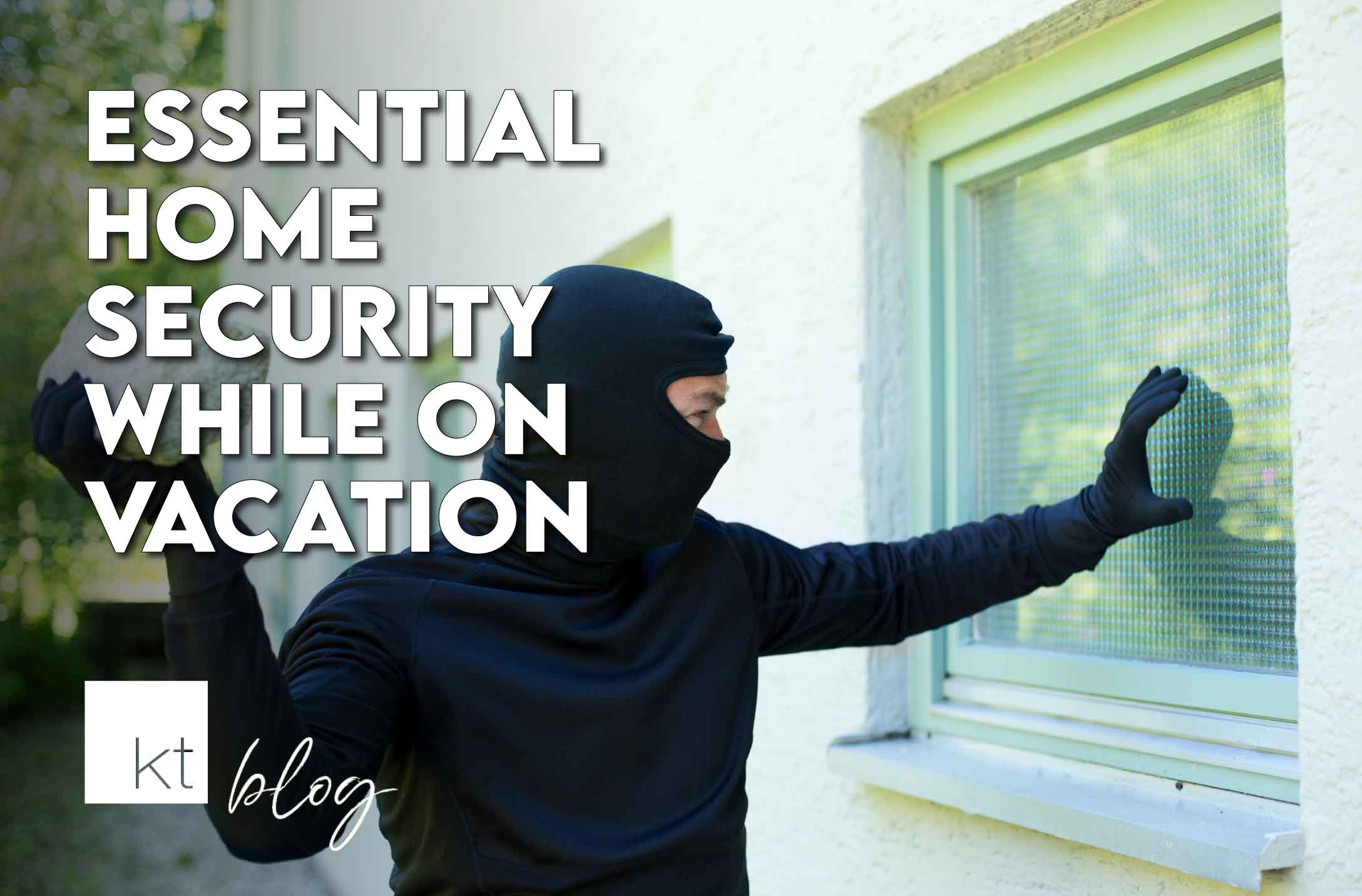…The Good, The Bad and The Ugly
So, you decided to sell your house?
Maybe you grew out of it, circumstances may have changed, or it’s just time to downsize. No matter the reason, your process probably played out a little like this.
Hours were spent cleaning, organizing and staging. Followed by your real estate agent’s ceremonial unveiling of the “For Sale” on your lawn. Making sure all potential buyers could see it, search it and hear about it.
Then for all those curious and interested, showings were booked. Before long serious offers were presented, some were negotiated…until finally…one of them won out and you accepted their offer.
It had taken weeks, lots of hard work and plenty of money to pull off your transaction. But now you were only twenty-four hours away from accepting the deposit and officially calling it SOLD.
Emotions were definitely on high alert.
However, the deposit never arrived. Now, this may sound like a seller’s worst nightmare, but it doesn’t have to be.
First…What is a Real Estate Deposit?
Typical deposit in Toronto (GTA) is 5% of the purchase price
According to The Real Estate Council of Ontario (RECO): A real estate deposit is the money you submit during the offer process when trying to secure a property you want to buy.
This shows the seller that you are serious about the deal and it’s considered a show of good faith.
Providing a deposit also demonstrates that you have the financial means to make the purchase and you are comfortable taking on some degree of risk until the deal closes. Deposits are due when an offer is made, and accepted (usually within 24hours), and is in written terms of the Agreement of Purchase and Sale.
3 Things a Seller needs to know when the deposit is NOT received.
The Kormendy Trott Team likes to call these The Good, The Bad and The Ugly
Now that you understand what an actual deposit is, let’s understand what happens when the buyer doesn’t deliver the deposit.
1. The Good:
First let’s talk about the good.
Good for the Seller and Bad for the Buyer.
Once an offer is made and the seller has accepted, both the buyer and seller will sign what is called an Agreement of Purchase and Sale. This is known as a legally binding contract…AND NOT a Gentleman’s Handshake.
Why is this good for the seller?
- Breach of Contract – Should the buyer not pay the agreed upon deposit and there aren’t any conditions, then the buyer is in breach of contract, and is subject to legal ramifications (seller could sue for damages and legal costs).
- Strong Warning – In some cases a buyer may not pay the deposit because they are having cold feet. In this case a simple warning phone call or email from your real estate agent informing the buyer of the legal ramifications could be enough for them to send the deposit.
- Pivot Quickly & ReSell – Generally speaking, a seller may have had several parties interested in the home. Once the seller realizes the buyer is not going to provide the deposit they may make the contract null and void and resell to another buyer.
KT Confidential EP 157 – Can You Get Out of a Buyer Representation Agreement
2. The Bad:
Next, let’s talk about when a deposit doesn’t arrive due to clauses and conditions.
Bad for the Seller and Good for the buyer.
In some cases the buyer may add conditions to the Agreement of Purchase and Sale.
Depending on the conditions, this could work in the buyer’s favour and release them from paying the deposit and/or honouring the contract.
It’s important for the seller to read the contract before accepting the offer.
Some conditions keep the buyer in full control of the transaction and leave a seller hanging.
Buyer Conditions:
- Financing Approval: The buyer could add a clause to the Agreement of Purchase and Sale stating they must be approved for financing to complete the transaction. Should they not get approval then they can walk away from the deal.
- Home Inspection: The buyer may add a clause stating the sale could be null in void depending on what the home inspection states. For example: If the home inspection says the home needs $30,000 worth of windows in the next 6 months, due to the additional amount, the buyer may decide they do not want to purchase the home.
- Sale of Buyer’s Home: The buyer may add a clause stating that to complete the transaction they need to sell their home. This is a sticky situation because the buyer may list at an unreasonable price and not sell their home. As a seller this is a clause to be cautious about.
3. The Ugly:
Last, but not least, if a deposit is not received you may want to sue the buyer for breach of contract.
Good for the Seller and Ugly for the Buyer.
There is a growing trend in Toronto and the GTA of residential real estate purchasers failing to provide the agreed-upon deposit after signing an Agreement of Purchase and Sale.
This may be an unforeseen consequence of recent changes to the process of purchasing and selling property.
If this is something you are considering…PLEASE consult with a lawyer immediately!
Also, check out the KT Confidential Podcast #182 to hear some shocking examples of this happening and how a seller WON!
Final Notes: No matter the situation, when a deposit is not received…
- Talk to your realtor and have them communicate immediately with the buyer’s agent
- If they are adamant about not providing the deposit consult with a lawyer ASAP
- Pivot, Pivot, Pivot and relist as soon as possible.
For more great tips like this check out KT CONFIDENTIAL The Real Estate Podcast





